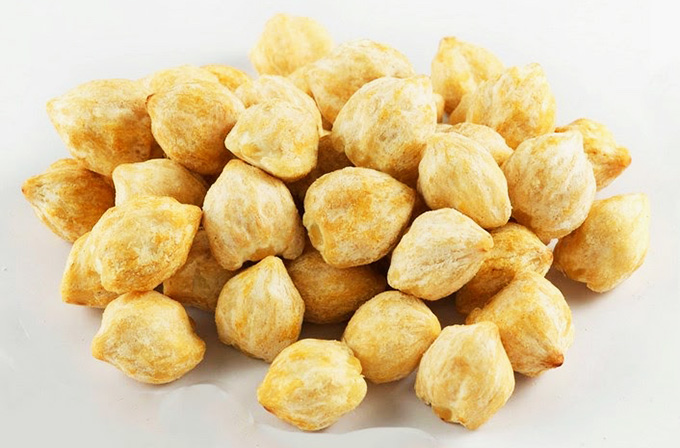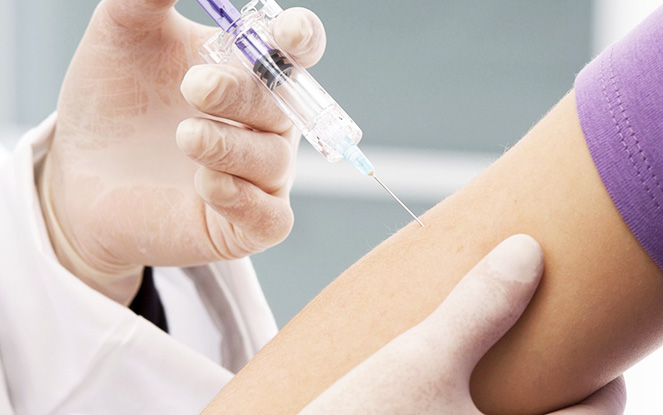Tetanus, also called locked jaw, is a rare and serious condition that involves a bacterial infection that spreads to the nervous system, which leads to muscular dysfunction and breathing difficulties. The following are the causes, signs and symptoms, and home remedies for tetanus.
Causes
Tetanus is caused by bacteria called Calostridium tetanu. According to Health Line, spores of the bacteria can be found in dirt, dust, and animal droppings. As per the publication, these spores are usually has high resistance to harsh environment, which includes high temperatures. The spores’ portal of entry is cuts or deep wounds, allowing them to enter the bloodstream and spread to the central nervous system. From there, they produce a toxin called tetanospasmin, which blocks the nerve signals from the spinal cord to the muscles. This can result to muscle spasms. In addition, tetanus infection is attributed to burns, puncture wounds from injection drug use and tattoos, animal bites, wounds contaminated with saliva and feces, dental infections, insect bites, and chronic infections.
Signs and Symptoms
Tetanus presents several symptoms. According to Medical News Today, these include spasms and muscle stiffness, which starts with the chewing muscles, then to the neck, throat, and phase; breathing difficulties; arching of the spine or opisthotonus; bloody stool or feces; diarrhea; fever; headache; sensitivity to touch; sore throat; sweating; and tachycardia or rapid heartbeat, among others. As per the publication, an unmanaged tetanus may result to complications, which include fracture, aspiration pneumonia, laryngospasm, tetanic seizures, pulmonary embolism, and severe kidney failure.
Home Remedies
Tetanus treatment is usually dependent to the severity of the presenting symptoms, as per Health Line. As supplemental management to the medical regimen, home remedies can also be done to help manage the condition.
Keep the wound clean
One remedy for tetanus is to keep the wound clean. This is to prevent the spread of infection. According to Mayo Clinic, the wound is rinsed thoroughly with clear running water after bleeding. Then, the area around the wound is cleaned with soap and a washcloth. It is best to see a doctor if something is embedded in a wound. Clostridium tetani is also sensitive to air, so exposure to air may promote healing; however, covering the wound properly keeps it clean. Also, a new dressing is applied at least once daily or whenever needed to prevent infection.
Heat Application with Peach, Turmeric, and Wax
Another tetanus remedy includes the application of heat, along with some herbs. According to Home Remedies for You, the injured area is immersed in hot water, along with a raw ground peach leaves or powdered turmeric poultice and hot candle wax. As per the publication, hot turpentine can be applied on the wound and massaged on the neck, jaw, and arms, if stiffness is present.
Tetanus Immunoglobulin
The administration of tetenus immunoglobulin in a health care unit remains one of the strongest remedies for tetanus. According to Home Remedies for You, it is done once the infection sets in and the toxin begins affecting the nerves and the muscles. As a preventive measure, it is incorporated in a vaccine, along with diphtheria and pertussis, and is given in the arm or thigh of children at ages two months, four months, six months, 15 to 18 months, and four to six years. Then, a tetanus vaccine booster is given along with a diphtheria vaccine booster.
Tetanus may initially present muscle spasms; however, it becomes more fatal when it affects the nervous system. Thus, it is best to seek medical consult from a doctor for proper assessment, planning, intervention, education, and evaluation.
Source: collective-evolution.com








